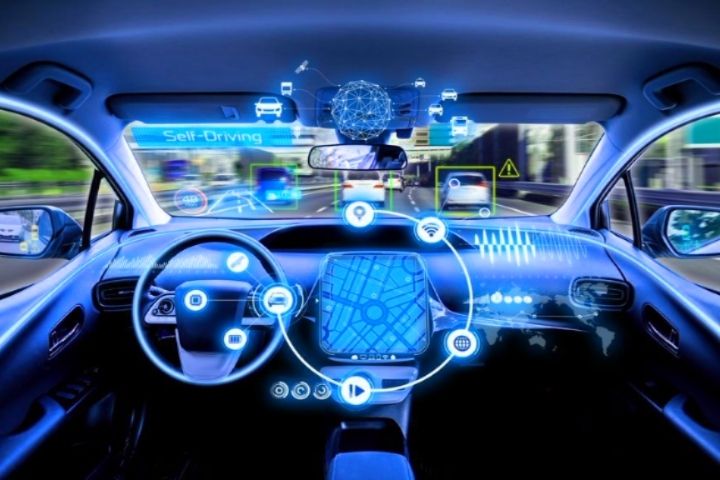There is no doubt that self-driving cars are coming, and they’re going to be a lot safer than human-controlled cars. But what impacts might this have on the number of accidents? Let’s have a look at everything we know about how these technologies work together.
If you are in the market for buying a car currently and don’t want to spend a huge sum of money, you can get a reliable used car. The history check of the used car can be a major factor to determine the reliability of the used car.
A rego check can be used to check whether the used car you plan on purchasing has ever been involved in any accidents. You can also check if the used car that you plan on purchasing was ever reported as stolen or missing. So, it is a great way for you to ensure that the car has been well taken care of over time.
Let’s focus on the factors associated with self-driving car crashes. We often hear about how self-driving cars are going to be much safer than human-driven cars, but is that really true?
In general, there are three factors that determine whether or not a crash will happen: driver error, environmental conditions in the area (including things like weather), and technological malfunctions.
There are multiple ways in which self-driving cars can improve the first of these factors, making it less likely that human error leads to a crash. Most notably, self-driving cars could be programmed to take more corrective action when they detect mistakes on the driver’s part. For example, if a person begins drifting into another lane while driving a normal car, the car may not take any action at all.
However, if the car were programmed to detect a drift at any moment, it might slow the car down and ask the driver to retake control. This would remove the possibility of a crash occurring because of driver error.
The second factor is also improved by self-driving cars: The vehicles will be able to predict what things like precipitation might do in a given situation. For example, if a person is driving home after work in the middle of winter and it starts to rain, they might choose to go a different way.
After all, their car won’t be able to see as well through the rain. But self-driving cars will be able to avoid those obstacles (at least, until different software gets hacked). There are many possibilities ranging from snow and rain to fog and extreme heat or cold. Self-driving cars would be able to handle such difficult conditions, but they might not be able to see them as well as human drivers. So, that could lead to crashes.
The third factor is the tricky one because there are so many possible malfunctions that could occur. But there are ways in which self-driving cars could be better at handling technological malfunctions.
For example, a human driver might not be able to see a piece of debris in the road without an accident occurring. But, a self-driving car can have artificial intelligence to slow down when it detects something in the road ahead and stop completely at the last moment before hitting it. While this would definitely reduce the chance of a crash, it’s not perfect because there are still problems that might occur.
So, what is the most likely scenario regarding how self-driving cars will affect accidents? As it stands now, it’s possible that self-driving cars could reduce or increase car accidents. However, as the technology gets better, it could be better.
But even if self-driving cars do cause more accidents due to technological malfunctions or environmental factors, the overall effect on car accidents will still be a positive one. Self-driving cars (along with other vehicle technologies) could eliminate most of the deaths and countless other injuries and wounds.
So, there is not an exact answer to whether self-driving cars will cause more accidents or not. However, there is a good chance that they will be safer. Even if a self-driving car caused an accident, the overall effect on accidents can still be positive due to improved technologies. It’s important to be aware of the possible consequences of self-driving cars, but it’s also worth seeing how these vehicles could bring positive results.
